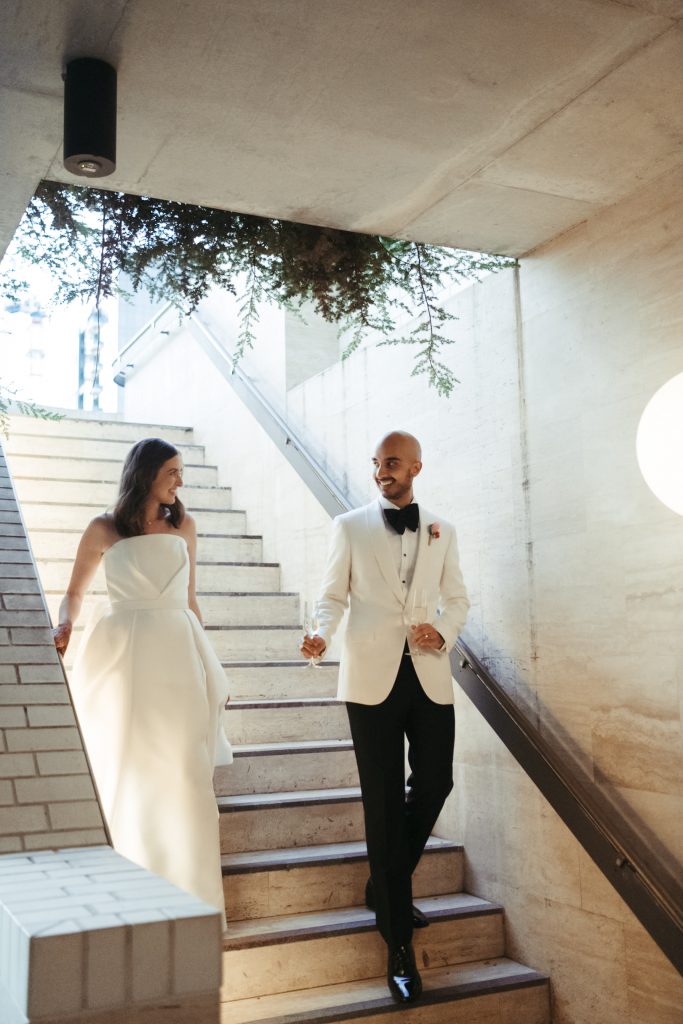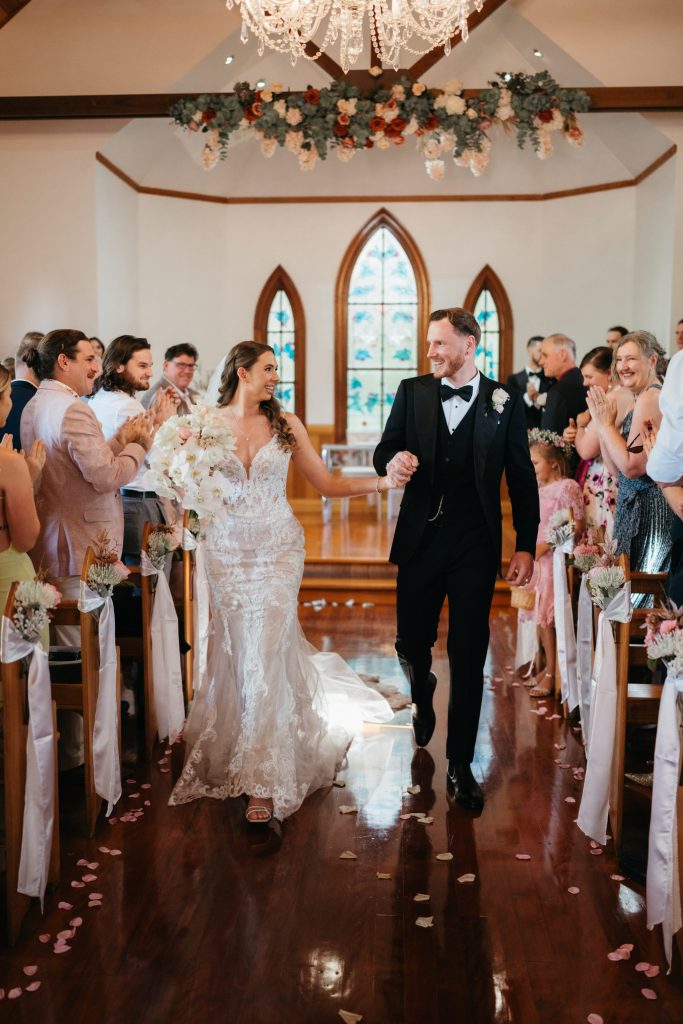Brisbane’s Tailored Suits: Price vs. Quality
When it comes to shopping for a tailored suit in Brisbane, one question that often arises is the balance between cost and craftsmanship. It’s a common dilemma, and unfortunately, there’s no one-size-fits-all answer. Instead, it’s a matter of weighing various factors.
While there’s no definitive answer, we can offer a helpful checklist to consider when evaluating the cost of a tailored suit. This ensures you’re making a well-informed decision and getting the best value for your money.

Fabric Selection
At Suit Society, the price of our tailored suits is primarily determined by the choice of fabric. We collaborate with renowned cloth manufacturers worldwide, offering a range of fabrics at different price points. The exclusivity of the fibre and the manufacturing process contribute to variations in pricing.
When selecting a suit tailor, it’s essential to inquire about the fabric suppliers they work with. Understanding the quality and background of these suppliers can provide insights into the overall quality of the suit.
Suit Society is proud to offer fabrics from european mills, all Super 110s and higher. Most notably, cutting suits from fabric suppliers such as, Guabello 1815, Vitale Barberis Canonico, Marzotto, Marling and Evans, Ermenegildo Zegna, Lanificio Cerruti, Drago, Ferla, Loro Piana, and Esthethia GB Conte.
Construction Techniques
The construction of a custom suit plays a crucial role in its fit and durability. Two primary techniques are commonly used: half-canvas and full-canvas construction. In Brisbane, we typically use the half-canvas method, which provides a lighter feel. This involves a canvas layer running from the shoulder to the lower rib-cage, allowing the jacket to mold to the wearer over time.
Alternatively, the full-canvas construction, popular in British style tailoring, involves a canvas that runs the entire length of the jacket, offering a higher level of craftsmanship at a higher cost.
Bespoke vs. Made-to-Measure
Another consideration is whether you opt for bespoke or made-to-measure suiting. Made-to-measure suits are more affordable and faster to produce, as they utilize existing pattern blocks adjusted to the wearer’s measurements. On the other hand, bespoke suiting involves crafting everything from scratch by hand, including the pattern and the suit itself. While bespoke suits offer unparalleled quality and customization, they come with a longer lead time and a higher price tag.








